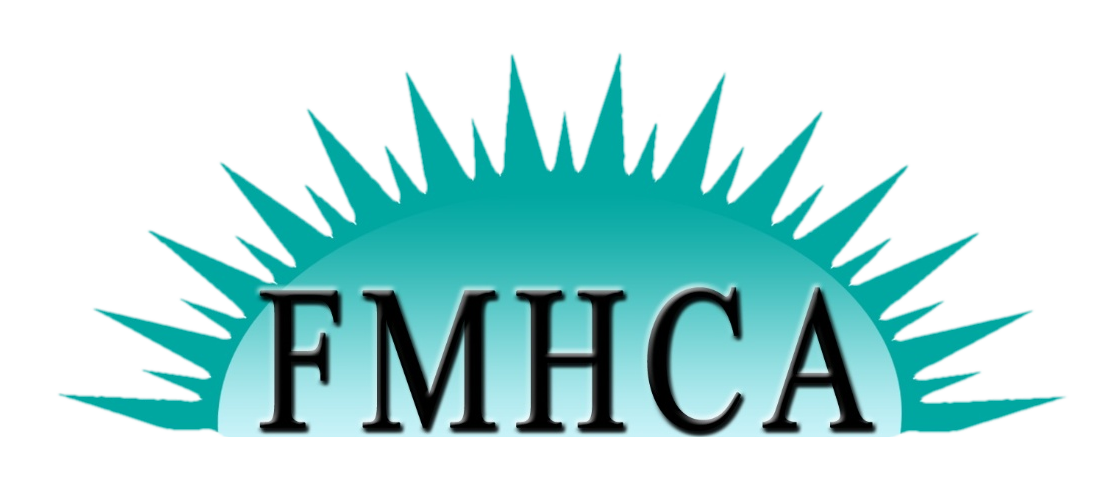Upcoming Events
-
America/New_York
05 Sep 2025 2:00 PMOnline (Zoom)
-
America/New_York
10 Sep 2025 12:00 PMOnline (Zoom)
-
America/New_York
12 Sep 2025 2:00 PMOnline (Zoom)
-
America/New_York
18 Sep 2025 8:30 AMIn-Person (9801 Belvedere Road, Royal Palm Beach , Florida 33411 US) & Online (Zoom)
-
America/New_York
03 Oct 2025 2:00 PMOnline (Zoom)
-
America/New_York
07 Oct 2025 12:00 PMOnline (Zoom)
Featured Members
FMHCA is a chapter of the American Mental Health Counselors Association, and is the only organization working exclusively for LMHCs in the State of Florida.
Menu
Log in
15673 Southern Blvd. #107, Loxahatchee Groves, Florida, 33470 (P) 561-916-5556 (E) Office@FLMHCA.org |
Powered by Wild Apricot Membership Software
 Florida mental health COUNSELORS association
Florida mental health COUNSELORS association





.png)


























.png)













